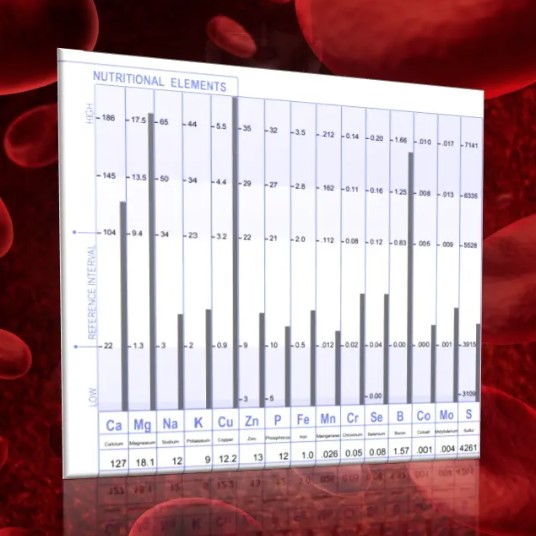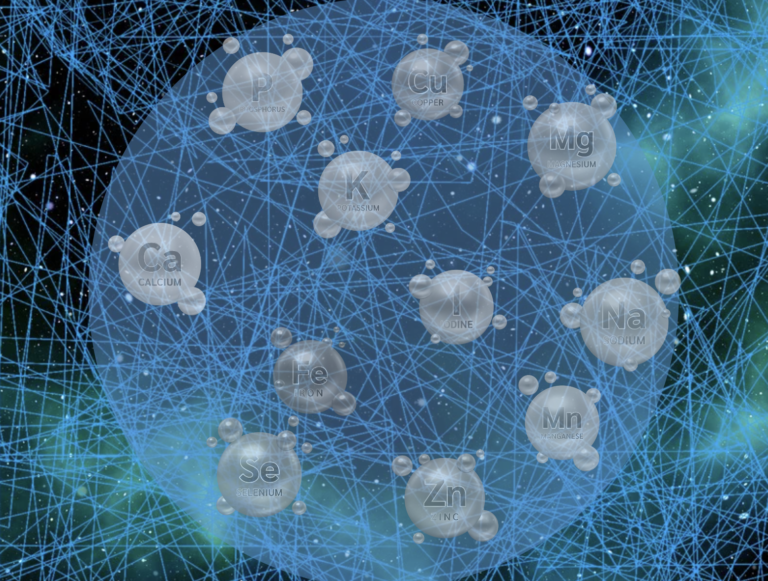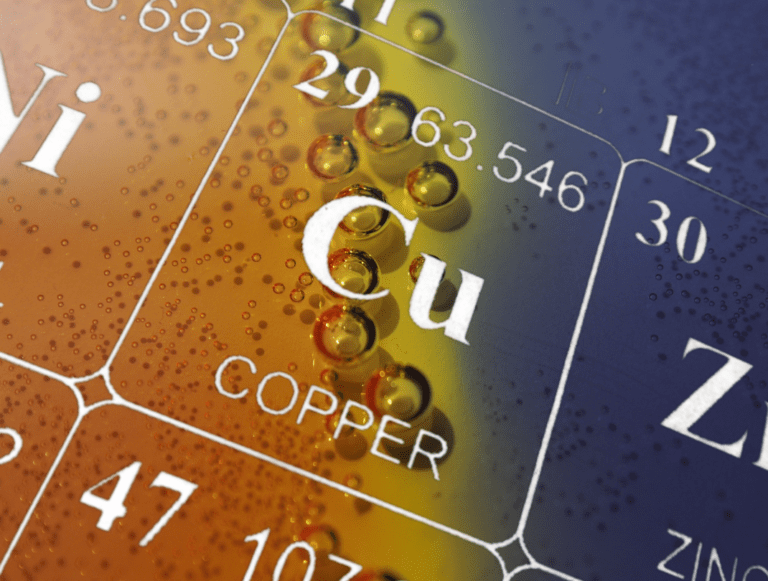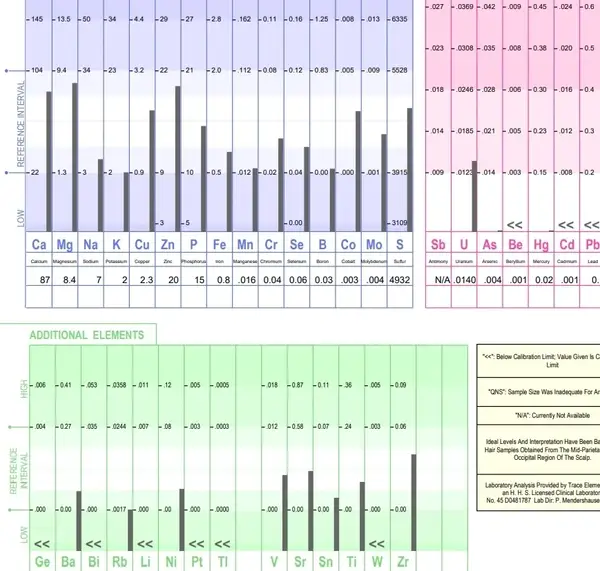[Article by Rick Fischer]
If someone you love is being affected by copper toxicity, it can be an extremely difficult time not only for them in understanding what they’re experiencing, but also for you as you watch them struggle with it. They’ve changed, you see it and feel it. You want to help, or at least understand. Likewise, it’s your support and understanding that they need most. This article is to help you, as their partner or loved one, gain a better understanding of what they’re going through, and to help increase the emotional support you’re able to provide to them. This information is particularly important (and primarily written) for partners of women on copper IUDs, since women are so commonly led to believe (and “reassured” by their doctors) that the IUD can’t affect emotions or mental health since the device is non-hormonal. Of course, we know different.
Since minerals influence hormones, a “non-hormonal” IUD can still affect hormone levels…and mood.
The copper IUD is marketed as a “safe”, non-hormonal option for those who’d prefer to avoid hormonal contraception. Of course it’s widely accepted that hormones can (and do) affect mood and emotions, and so if something is marketed as “non-hormonal”, then the underlying message is that mood/emotions won’t be affected. Yet, there is a glaring blind spot with that messaging, and that is this: minerals influence hormones! Copper, especially, has an intimate connection with estrogen. As copper builds up, that can increase estrogen and throw off the body’s natural estrogen/progesterone balance. Equally important to understand is that minerals also interact with each other (in other words, they don’t just act alone). Excess copper accumulation doesn’t just affect copper itself, but can throw off levels of calcium, magnesium, zinc, manganese, B6 and other nutrients… each of those other imbalances also have their own impacts on mental health!
Now, the deeper specifics of these various resulting imbalances and their effects on emotions and mental health are explained in much more detail within The Complete Copper Toxicity Handbook, also in part on the leading advocacy and support website www.coppertoxic.com, plus taught in further depth within the ultimate mineral-based health education program www.mineralmastery.com which, to a large extent, serves as a pioneering educational bridge between the fields of nutrition and psychology. In the interest of keeping things simple for this article however, consider that copper affects the very nutrients that support GABA. GABA is our main, calming, neurotransmitter (in other words, it helps keep us calm and plays an important role in keeping anxiety at bay). If there’s an issue with GABA, then there’s a higher risk for anxiety. It is not surprising, therefore, that most people with copper toxicity experience increased anxiety.
Anxiety, depression, apathy, relationship withdrawal, paranoia, racing mind and negative thoughts… these are all quite commonly seen with copper toxicity.
Sequentially, you get higher and higher and higher levels of copper concentration, which now will affect brain capacity, processing, and thinking and make anxiety and depression worse” ~Dr. Albert Mensah
Copper gets tightly stored in body tissue.
It’s not only GABA however. Far from it. If the body isn’t able to efficiently metabolize and regulate its copper level, then the excess copper ends up… [Continue reading the full article here]








